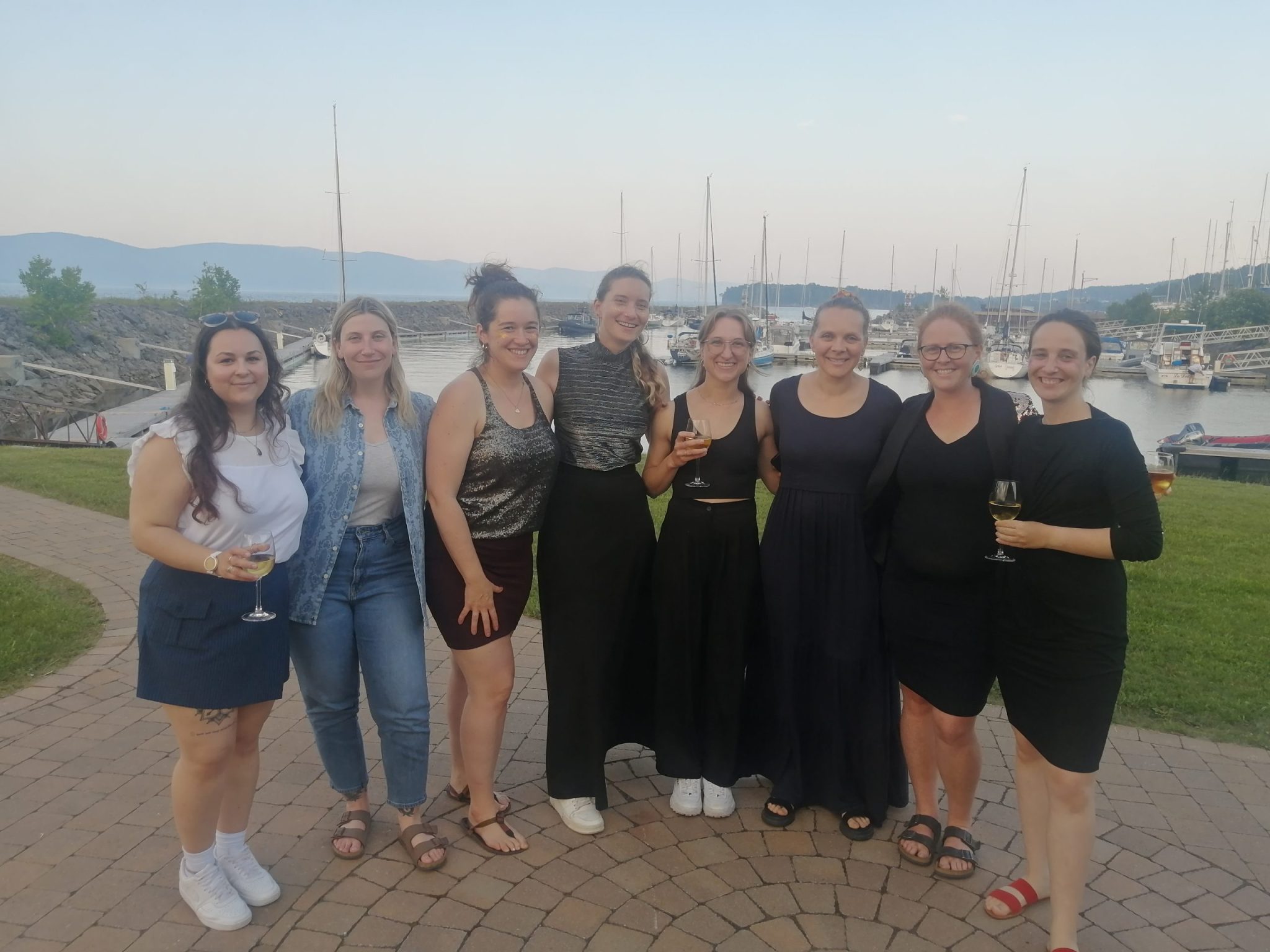
Our history
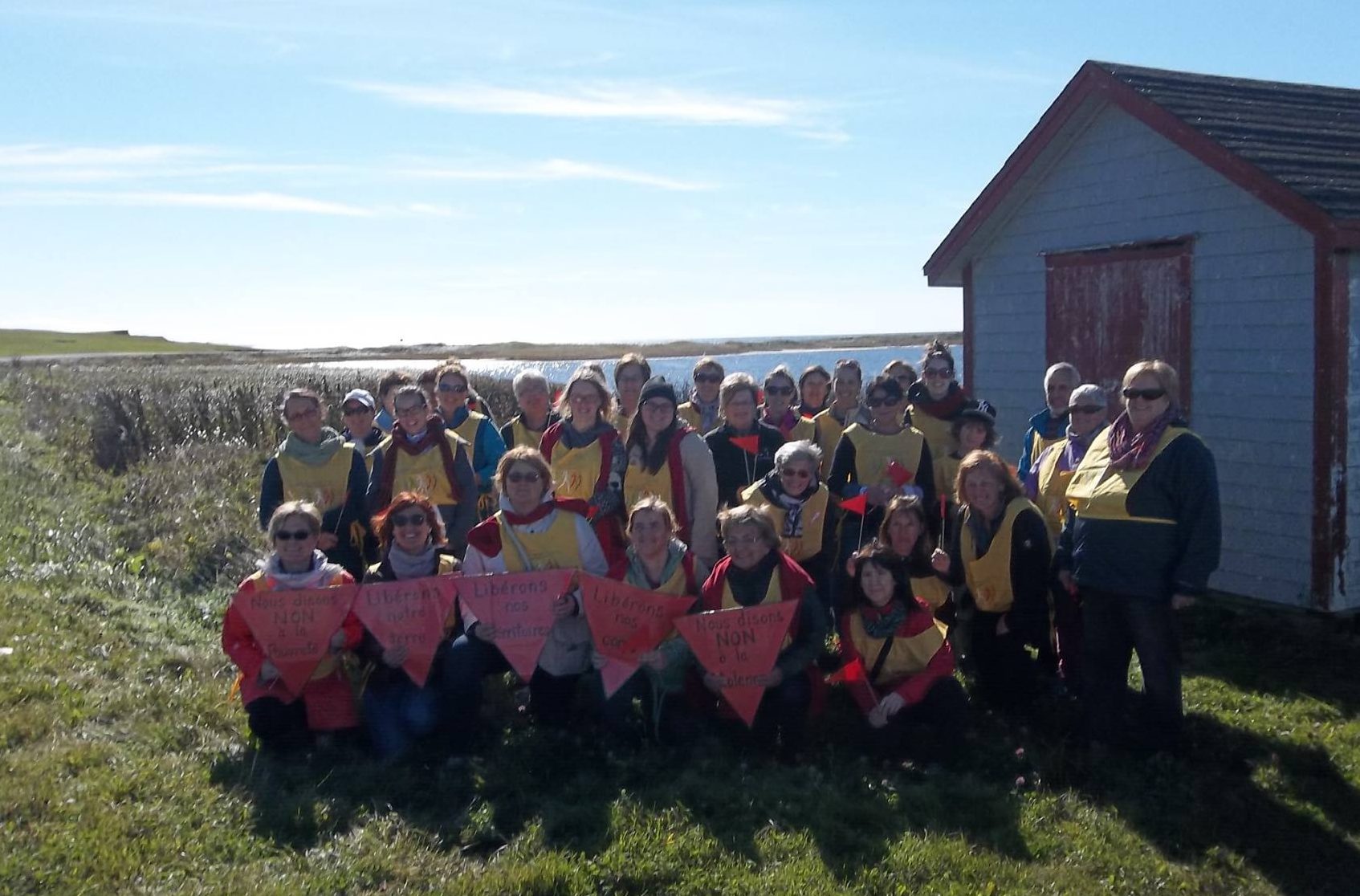
Over 40 years of feminist cooperation in Eastern Quebec
In 1982, the Table de concertation des groupes de femmes de l’Est du Québec took shape. A true pioneer, it was the first round table of its kind to be set up in Québec, with the support of the Conseil du statut de la Femme Bas-Saint-Laurent-Gaspésie-Îles-de-la-Madeleine. The Table was born out of a need to exchange ideas, share experiences and strengthen solidarity between the groups. It then turned its attention to various issues that united all the groups: free choice regarding abortion, new structures in the health network and adult education programs.
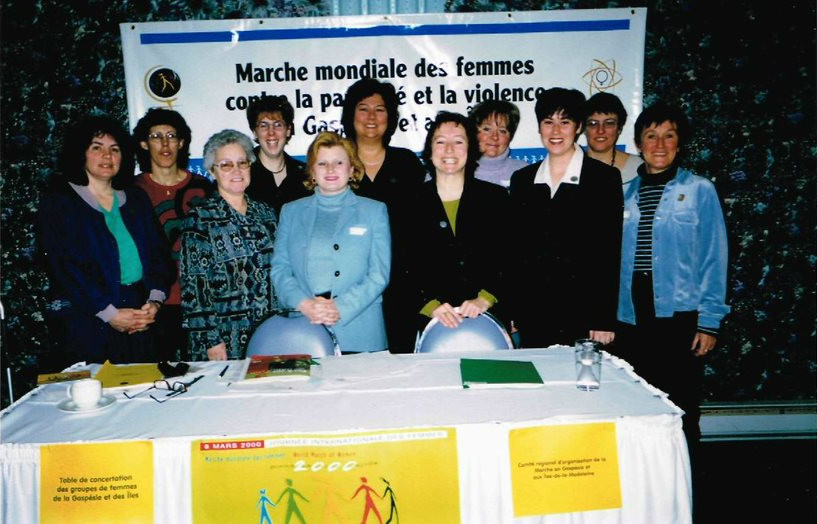
Establishment of the Table de concertation des groupes de femmes de la Gaspésie et des Îles-de-la-Madeleine
In 1997, to better address women’s needs – and given the geographical reality of such a vast territory – the Table split into two autonomous entities, becoming the Table de concertation des groupes de femmes du Bas Saint-Laurent and the Table de concertation des groupes de femmes de la Gaspésie et des Îles-de-la-Madeleine.
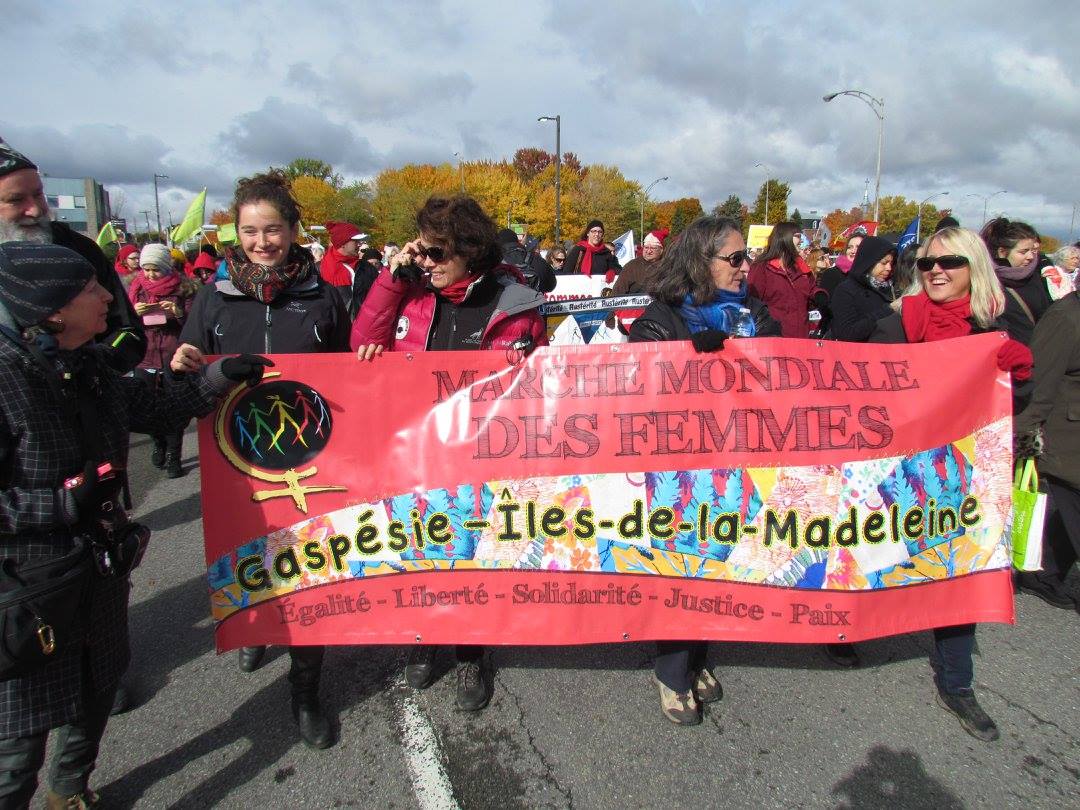
The Table, a key player in regional development and the women’s movement in Québec
Drawing on its expertise in the status of women, the Table sits as a major voice on the working committees of local, regional and provincial bodies. Our involvement in the World March of Women, since its inception in 2000, is an opportunity to unite our regional struggles with those being waged by women’s movements across Québec and around the world.
At provincial level, the Table has been involved since 2006 in drafting and implementing collaborative agreements on the status of women. To this day, the Table works closely with the Secrétariat à la condition féminine on specific projects.
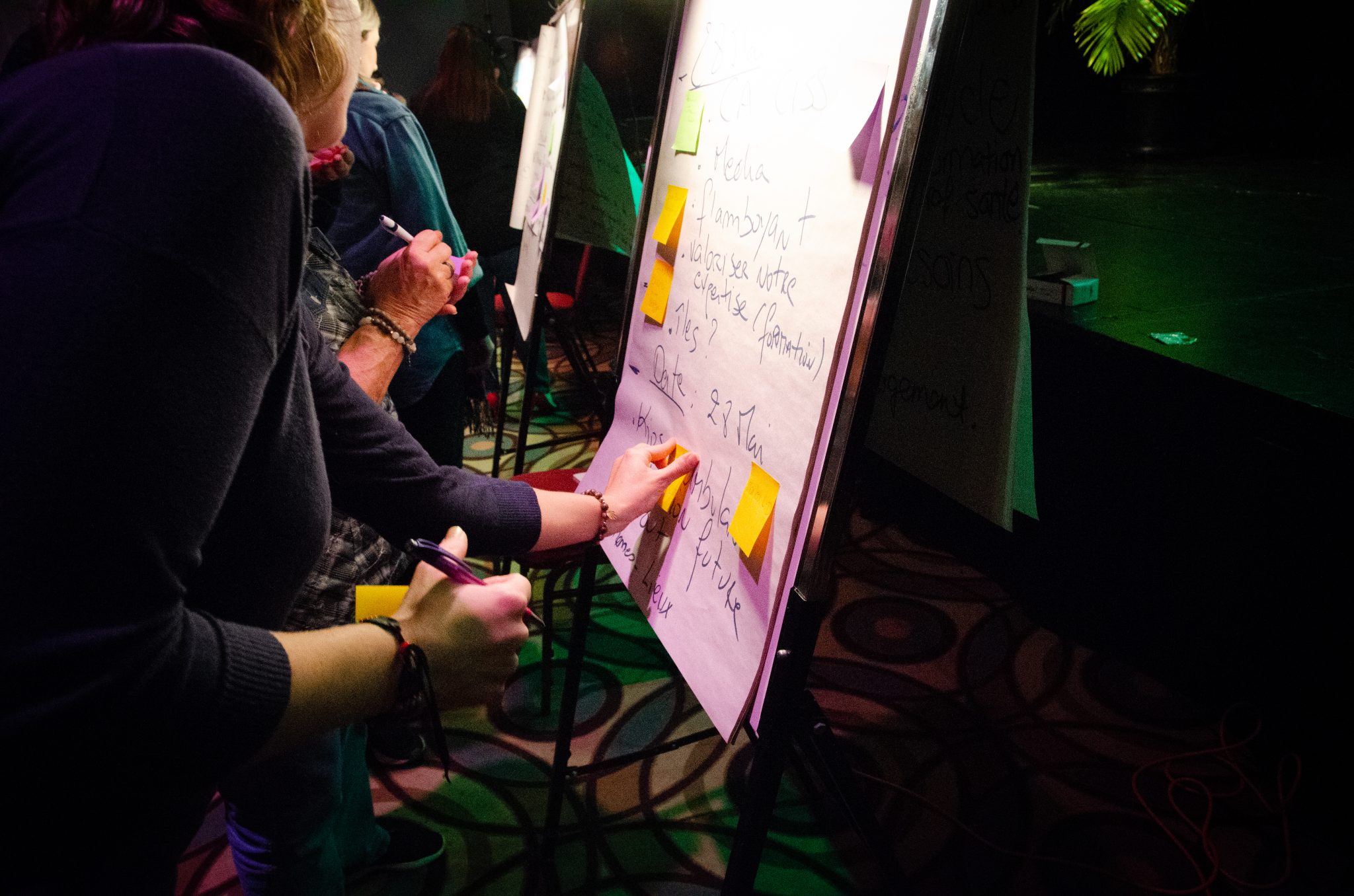
The years go by, but feminist struggles endure
The Table has shown creativity and leadership in putting forward its demands, by renewing its strategies. Some of the feminist issues that have mobilised the Table since its inception have undergone significant change, while others are still relevant today. Over the last few decades, the Table has developed its expertise on a range of issues, including women’s health, women’s social, civic and political participation, gender analysis and the intersectionality of oppressions, while continuing to work on cross-cutting issues such as violence and poverty.

La Table en constante évolution
En 2022, suite au 25e anniversaire de la Table, ses membres souhaitent célébrer l’histoire de l’organisation et préparer son avenir. La Table se questionne sur le féminisme qu’elle incarne.
Afin de représenter les différents visages du mouvement féministe régional, mais afin surtout de mieux prendre en compte les réalités multiples vécues par les femmes et les personnes qui vivent des oppressions basées sur le genre, la Table change ses critères de membrariat. Dorénavant, en plus de compter les groupes de femmes parmi ses membres, la Table pourra compter sur des groupes mixtes féministes composés majoritairement de femmes et de personnes vivant des oppressions basées sur le genre.
En 2024, la Table change de nom pour la Table de concertation féministe Gaspésie-Îles-de-la-Madeleine.